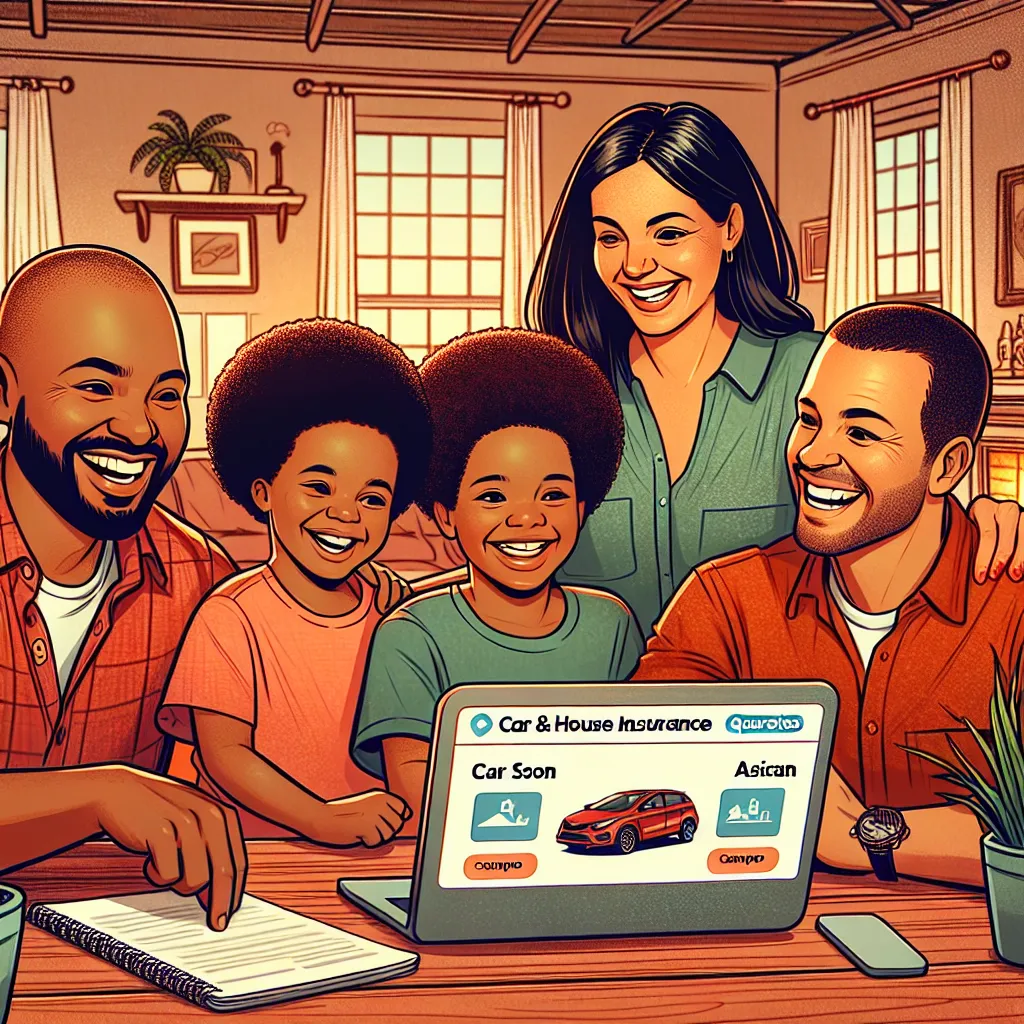Category: Insurance
-
How to Choose the Best Car Insurance Providers

Discover the top car insurance companies with our expert guide. Find out which insurers offer the best coverage, savings, and claims service. Read more
-
Unlock Savings with Your Car and Home Insurance Quote

Discover how a car and home insurance quote can help you save money, compare coverage, and find the best protection for your needs. Read more
-
Mastering Car and House Insurance Quotes for Better Savings

Discover how to compare car and house insurance quotes effectively, unlock discounts, and save hundreds on your coverage today. Read more
-
Unlock the Secrets of Home and Car Insurance Quotes

Discover how to compare home and car insurance quotes effectively to save money and get the coverage you need. Expert tips included! Read more
-
Understanding Your Car Insurance Expenses

Discover the true average car insurance cost, what influences it, and how to lower your premiums with practical tips and insights. Read more
-
Mastering Car Insurance Quotes for Better Savings

Discover how car insurance quotes can help you compare rates, save money, and find the right coverage tailored to your needs. Read more



